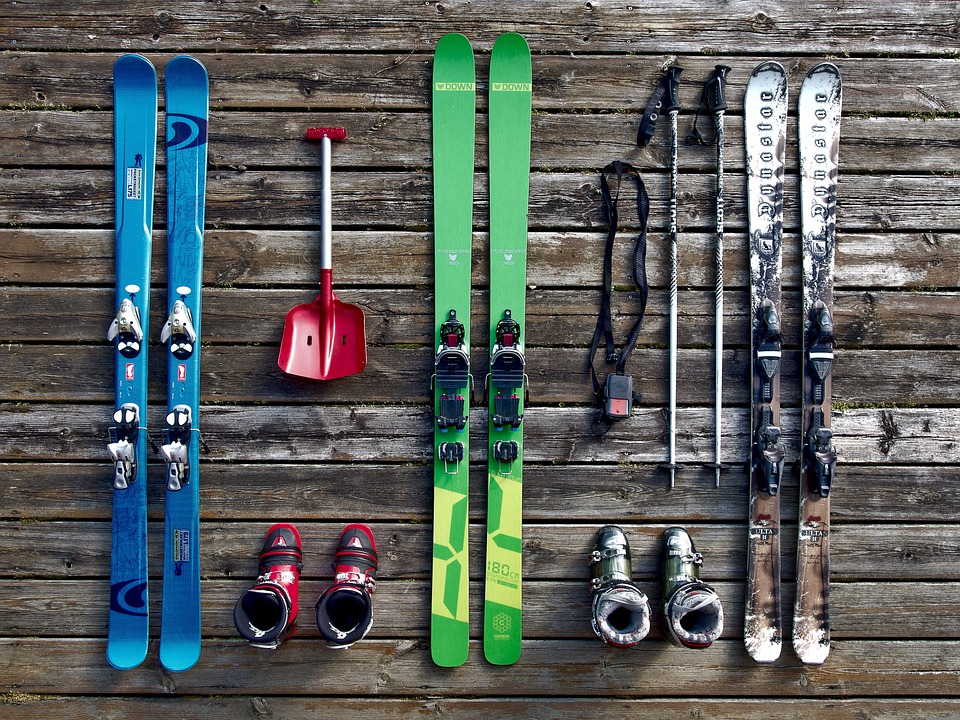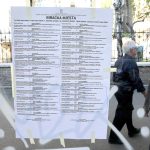As Poslovni Dnevnik/Marija Crnjak writes, Croatian ski holidays are at the forefront of the minds of those who ski annually. The skiing season is more or less just around the corner and will now finally not have any coronavirus and demand issues, but a new big challenge has arrived at the doors of European ski resorts, the high cost of energy, which is a significant resource in this segment of tourism.
The result is an average 10 to 20 percent increase in prices for skiing holidays, with certain savings measures that will be applied at many ski resorts across Europe, and those that have invested in sustainable technologies and alternative energy sources in previous years will fare best.
Croatian agencies are already recording a significant increase in bookings for skiing holidays compared to the previous two pandemic-dominated years, and for some, the number of bookings so far has even exceeded those from back in pre-pandemic 2019.
Boris Zgomba from Uniline explained that they have as many as three times more bookings for Croatian ski holidays than they had back during this period in 2019.
“This, of course, doesn’t mean that we’ll actually manage to achieve three times more traffic, that remains to be seen, but we have noticed that, as was the case with the summer, people are tired of waiting around and procrastinating, and they can’t wait to get back to the snow and engage in what they’ve been creating and enjoying for years now. They’re also ready for the fact that there will be higher prices, which have risen even less than, say, the prices of hotel services in Croatia this summer. This desire to return to skiing may have resulted in them booking earlier,” says Boris Zgomba.
At the same time, Uniline has an offer at the level of 2019, that is, there are no indications that there are fewer service providers active than before the pandemic, despite challenges with a lack of workers, inflation and continually rising costs.
Dalibor Canaglic from the Palma agency also stated that the interest in Croatian ski holidays is very good, that it is at the level of 2019, with prices higher by an average of 10-20 percent. Families with children mostly opt for the week of January 7-14, when the prices are significantly cheaper than the week before and in February, when all of Croatia’s neighbouring countries also have school holidays.
Canaglic noted that ski tickets have become more expensive, and it happens that partners send them ticket price changes due to the increase in energy costs. The price of energy is also a very hot topic in all European ski resorts as it regards everything, from starting ski lifts to producing artificial snow, managing the slopes and heating all of the buildings at sub-zero temperatures, these are all essential items for ski resorts and they all consume enormous amounts of energy.
Therefore, various savings measures are being considered, from limiting snow production, reducing cable car traffic in less busy parts of the day, and limiting the number of gondolas and their working hours. Some have even announced the introduction of only cold water in toilets, lower heating temperatures in closed spaces, and turning off advertising lights and heaters. This will reduce costs, but could also reduce the level of comfort for tourists.
The situation differs somewhat depending on the destination. Although Austrian operators are thinking about appropriate savings measures, their cable cars don’t really consume a lot of electricity, and they hardly need gas at all because they have been investing in energy-efficient systems for years. Resorts in Tyrol have revealed to PlanetSki magazine that they will be able to reduce their energy consumption by 10 percent by operating fewer lifts and eliminating night skiing that requires searchlights.
An increase in the price of ski passes is also expected. The example of the ski resort Ski Welt in Tirol is worth noting, as it is the first ski resort whose ski lift has been powered 100 percent by solar energy since back in 2008. While French ski resorts are worried about the rise in electricity prices, there is an example of the Serre Chevalier ski resort in the southern French Alps, which set itself the goal of producing 30 percent of its own energy consumption by 2023 back in 2006. Now that goal has been achieved and it is the first and only ski resort in the world that simultaneously uses three alternative energy sources, hydroelectric power, solar panels and small wind turbines. During the winter and summer season, when the ski resort is open, the generated electricity is consumed immediately, and during the off-season, the surplus is sold back to the national grid.
For more, make sure to check out our dedicated travel section.








